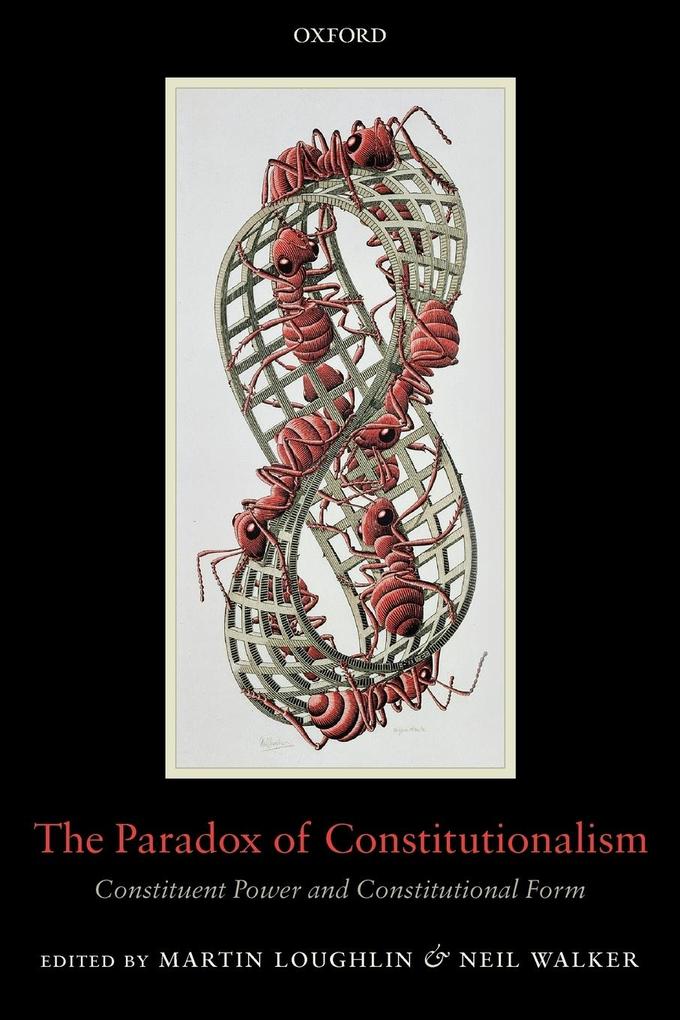
Zustellung: Fr, 08.11. - Di, 12.11.
Versand in 3 Tagen
VersandkostenfreiBestellen & in Filiale abholen:
In modern political communities ultimate authority is often thought to reside with 'the people'. This book examines how constitutions act as a delegation of power from 'the people' to representative and expert institutions, and looks at the attendant problems of maintaining the legitimacy of these constitutional arrangements.
Inhaltsverzeichnis
- Introduction
- 1: Hans Lindahl: Constituent Power and Reflexive Identity: Towards an Ontology of Collective Selfhood
- A Conceptual History of Constituent Power
- 2: Martin Loughlin: Constituent Power Subverted: From English Constitutional Argument to British Constitutional Practice
- 3: Stephen M. Griffin: Constituent Power and Constitutional Change in American Constitutionalism
- 4: Lucien Jaume: Constituent Power in France: The Revolution and its Consequences
- 5: Christoph Möllers: 'We are (afraid of) the people': Constituent Power in German Constitutionalism
- 6: John P. McCormick: People and Elites in Republican Constitutions, Traditional and Modern
- The Articulation of Constituent Power: Rival Conceptions
- 7: David Dyzenhaus: The Politics of the Question of Constituent Power
- 8: Rainer Nickel: Private and Public Autonomy Revisited: Co-originality in Times of Globalization and the Militant Security State
- 9: Paolo Carrozza: Constitutionalism's Post-Modern Opening
- 10: Emilios Christodoulidis: Against Substitution: The Constitutional Thinking of Dissensus
- Extension and Diversification of Constituent Power
- 11: Ulrich Preuss: The Exercise of Constituent Power in Central and Eastern Europe
- 12: Stephen Tierney: 'We the Peoples': Constituent Power and Constitutionalism in Plurinational States
- 13: Neil Walker: Post-Constituent Constitutionalism? The Case of the European Union
- 14: Bardo Fassbender: 'We the Peoples of the United Nations': Constituent Power and Constitutional Form in International law
- 15: Damien Chalmers: Constituent Power and the Pluralist Ethic
- 16: James Tully: The Imperialism of Modern Constitutional Democracy
Produktdetails
Erscheinungsdatum
28. August 2008
Sprache
englisch
Seitenanzahl
386
Herausgegeben von
Martin Loughlin, Neil Walker
Verlag/Hersteller
Produktart
kartoniert
Gewicht
585 g
Größe (L/B/H)
234/156/21 mm
Sonstiges
Paperback
ISBN
9780199552207
Entdecken Sie mehr
Bewertungen
0 Bewertungen
Es wurden noch keine Bewertungen abgegeben. Schreiben Sie die erste Bewertung zu "The Paradox of Constitutionalism" und helfen Sie damit anderen bei der Kaufentscheidung.









